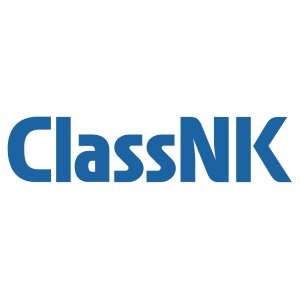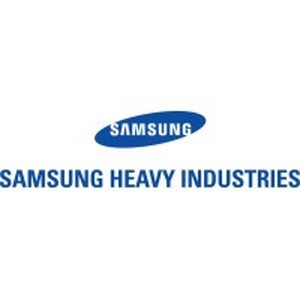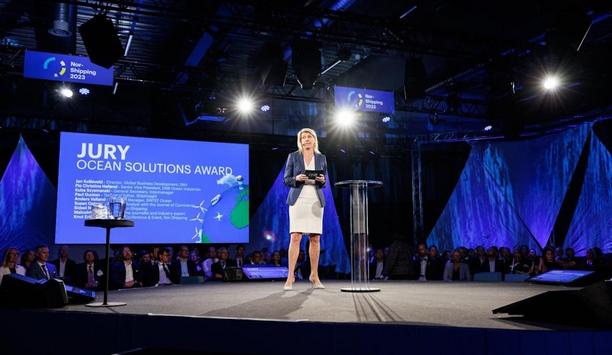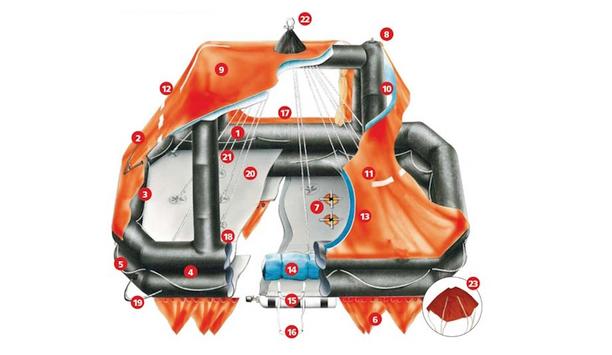ClassNK has issued an Approval in Principle (AiP) for an ammonia fuel supply system for an oil tanker and container ship developed by Samsung Heavy Industries (SHI).
Ammonia is expected to be used as a ship fuel for decarbonisation since it does not emit CO2 when combusted. Meanwhile, adequate safety measures are imperative as it has been pointed out that ammonia is toxic to humans and corrosive to materials.
Zero-emission ships
ClassNK accepted out a review of an ideational design of the procedure originated by SHI
ClassNK has been involved in projects aiming for zero-emission ships using ammonia fuel in terms of safety assessment and has issued its "Guidelines for Ships Using Alternative Fuels" as a necessary standard to minimise the risks related to ammonia fuelled ships for the ships, crews, and environment by stipulating requirements for installation, controls, and safety devices.
ClassNK carried out a review of a conceptual design of the system developed by SHI based on part C of its "Guidelines for Ships Using Alternative Fuels". Upon confirming they comply with the prescribed requirements, ClassNK issued the AiP.
Author's quote
Dong-Joo Kim, Head of Shipbuilding Sales Engineering Team, Samsung Heavy Industries said, "We are happy to collaborate with ClassNK in this important design development and believe this AiP award demonstrates SHI’s readiness for the new ammonia shipping market that is coming from global decarbonisation demands."
ClassNK remains set to funding to realise visionary solutions for the decarbonisationMasaki Matsunaga, Corporate Officer/Director of Plan Approval and Technical Solution Division, ClassNK said, "It is a great honour to be involved in the SHI's initiatives to expand industry options for greener shipping by conducting safety assessment on its ammonia fuel supply system, which has resulted in AiP. ClassNK remains committed to supporting to realise innovative solutions for the decarbonisation of shipping."
Approval in Principle (AiP)
At the initial stage of designing or before the specific target ship to be implemented is decided, the design is examined based on the existing regulations such as international conventions and ship classification rules, and an Approval in Principle (AiP) is issued as proof of conformity with requirements.
It also prevents rework of regulatory aspects in the post-process, shortens the examination time at the time of class registration, and can be used as a technical basis for external appeal of the design status.












